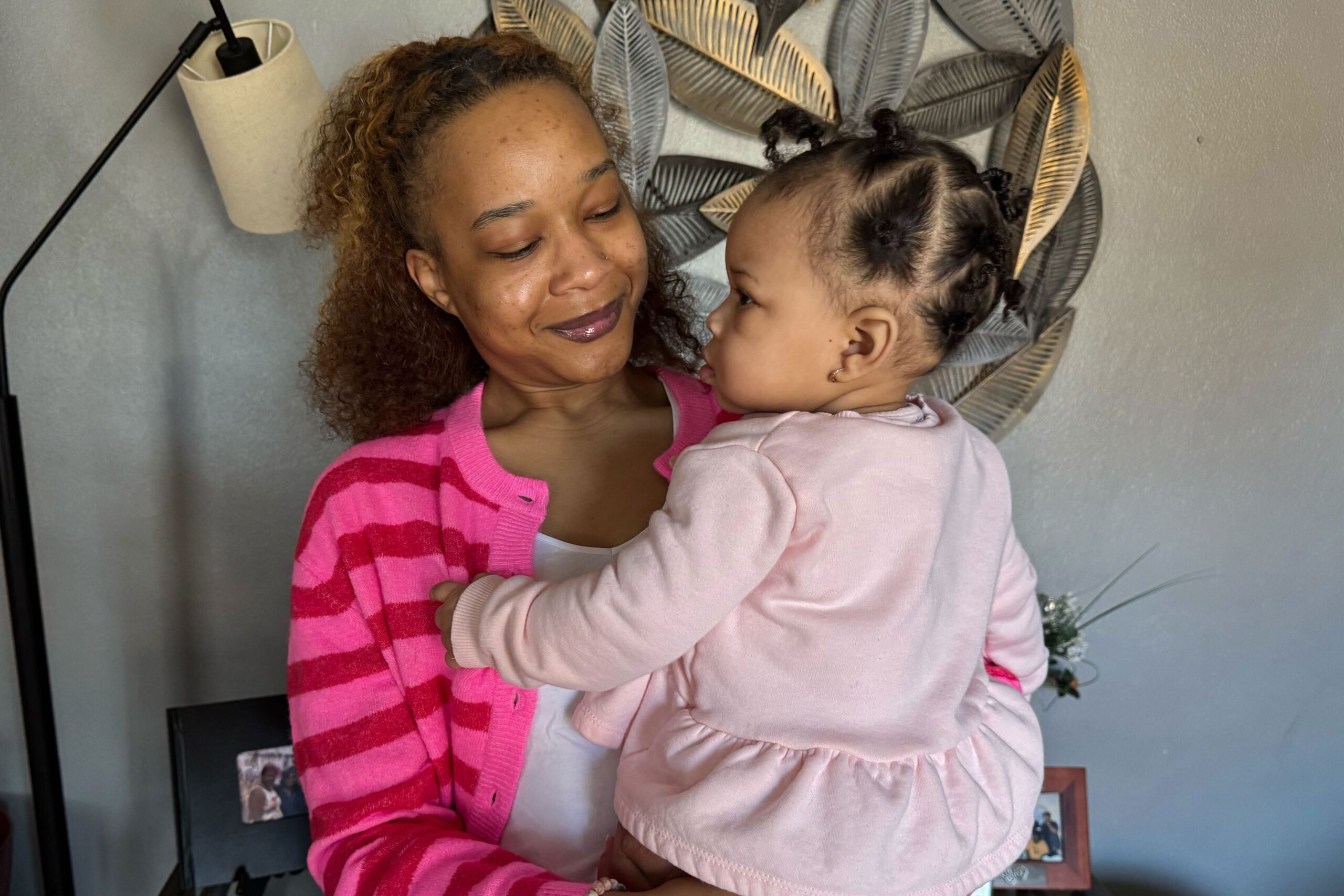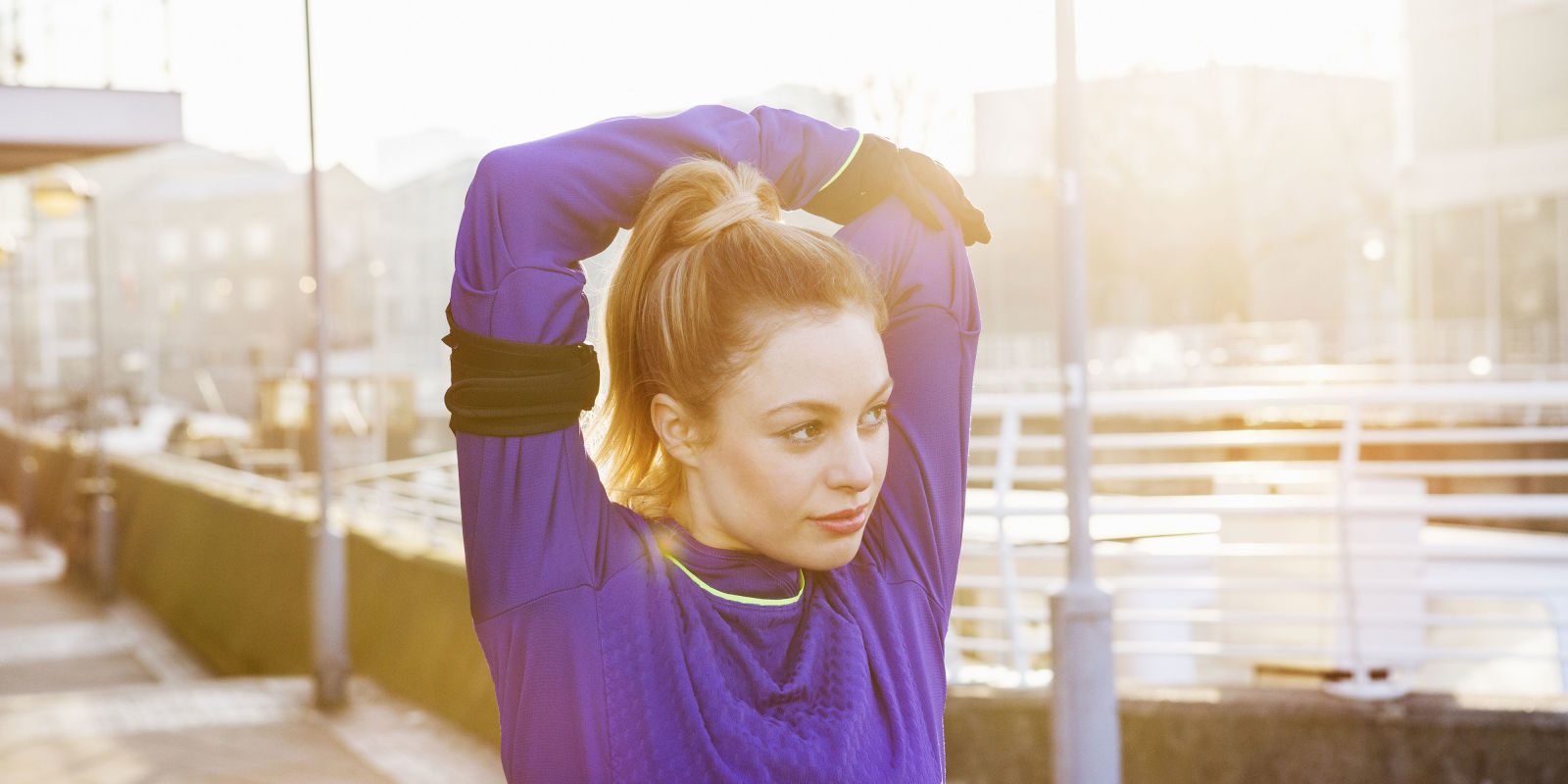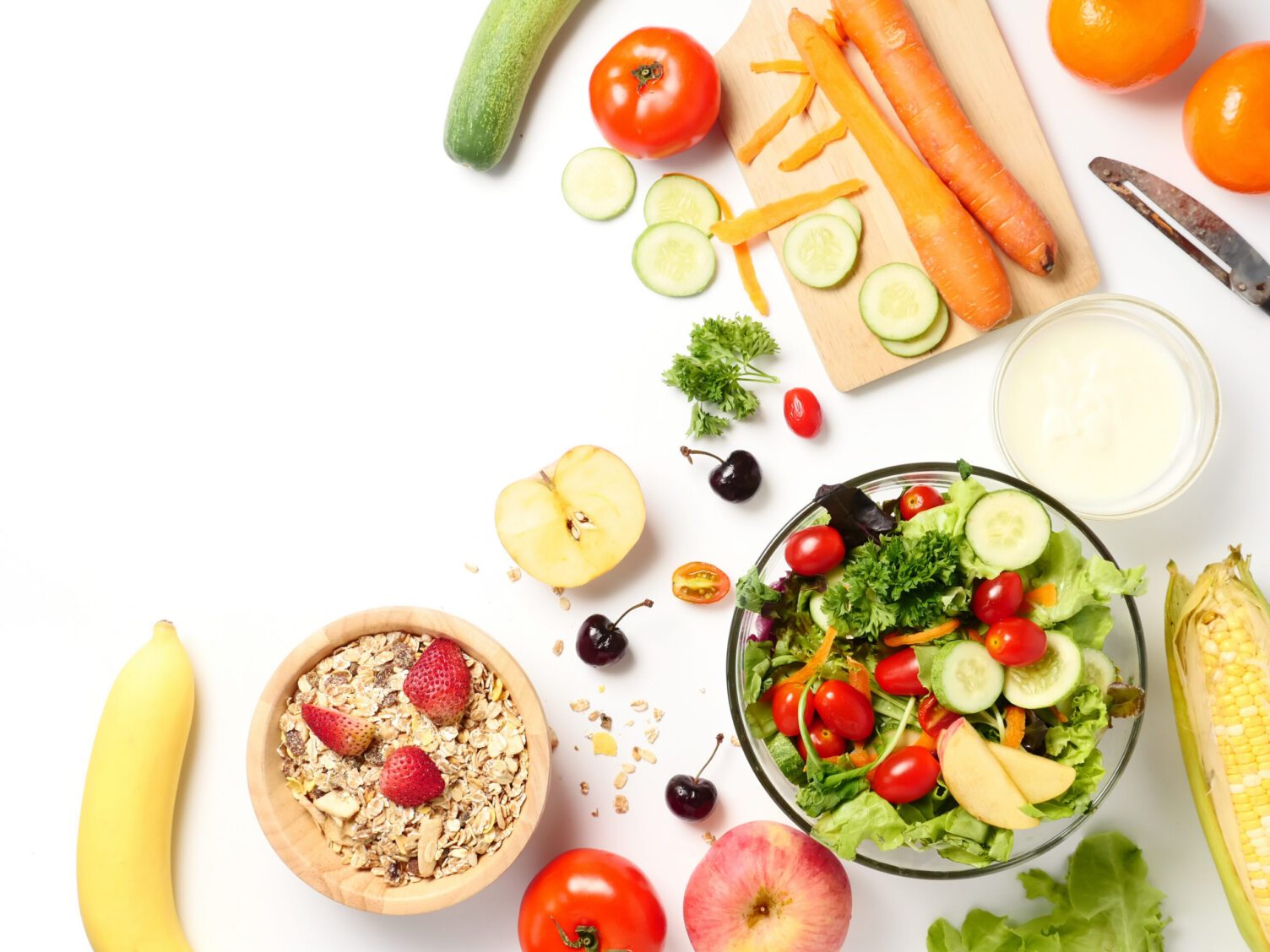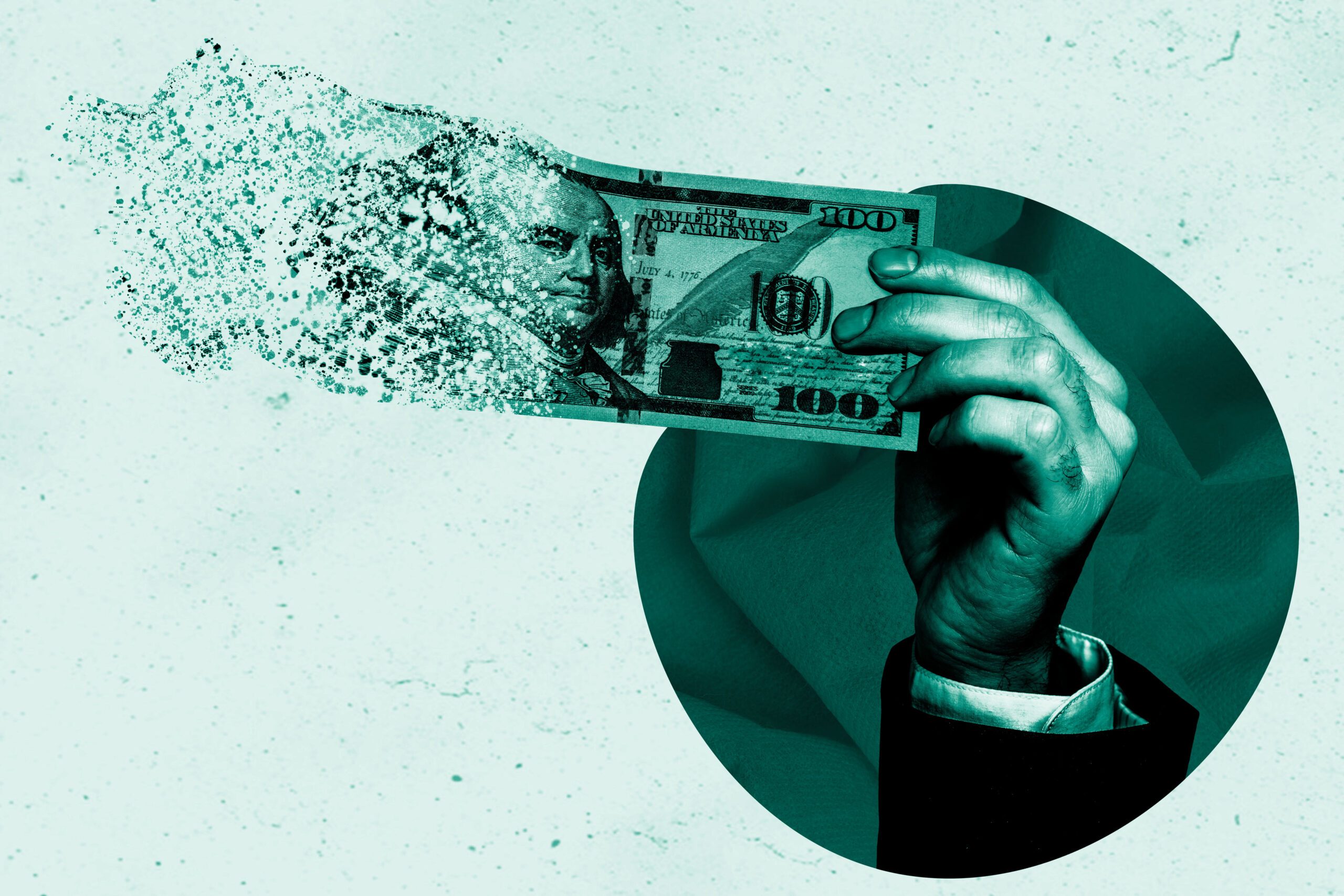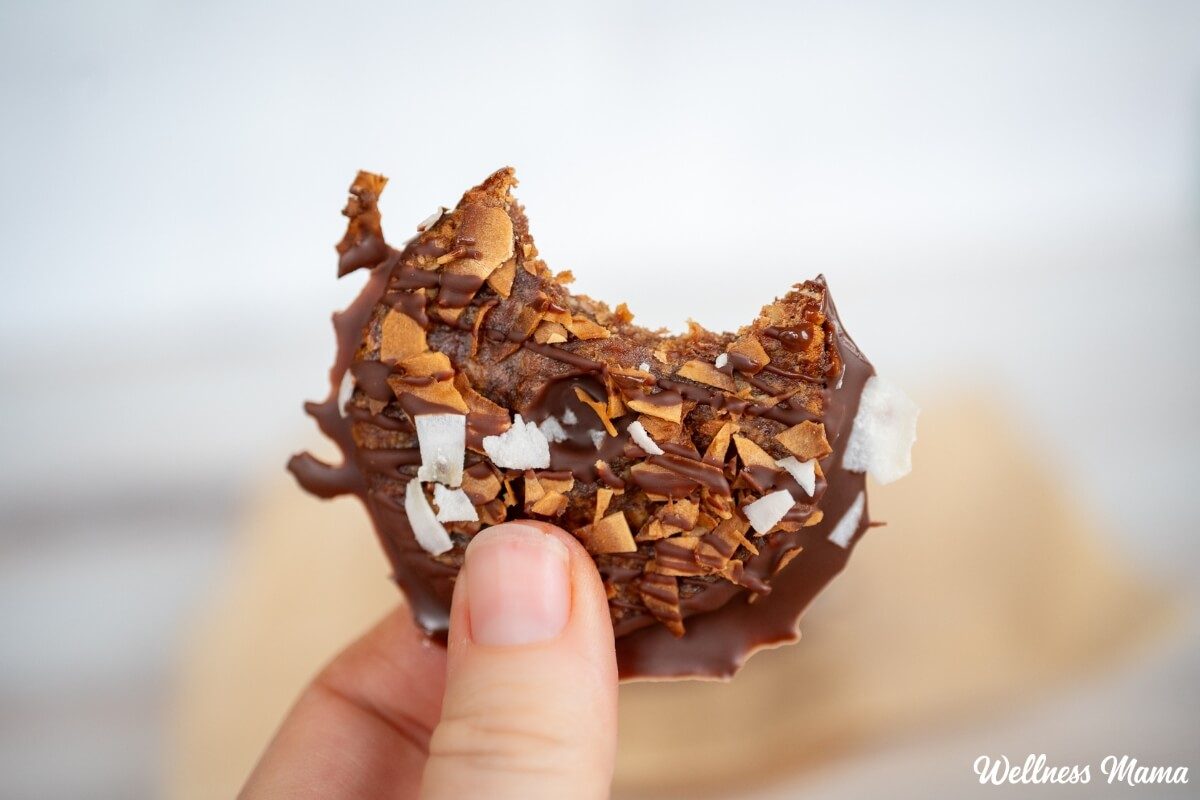What do natural and homemade cleaning products have in common with shampoo bars and aluminum-free deodorants? Some people love them; others swear they don't work. If you're in the latter camp, becoming a green cleaning convert could be as easy as changing the water you use to prep your products.
The best type of water for cleaning products.
DIY cleaning products usually use water as a base to dilute functional household ingredients like baking soda, white vinegar, and essential oils. Two common complaints with these cleaners are that they aren't as effective as store-bought ones, and they leave unsightly streaks behind.
Tap water can be a culprit behind both issues. The water from most people's taps is filled with bacteria, calcium, magnesium, and other mineral deposits. While usually perfectly safe to clean with, these impurities can stick around on surfaces. They can also decrease your homemade cleaner's shelf life, making it less effective over time.
Instead, many green cleaning experts recommend using distilled, or at least boiled, water when mixing up your own cleaners or diluting cleaning concentrates.
AdvertisementDoes tap water really make a difference? I tested this out at home.
To put this recommendation to the test, I made two different all-purpose cleaners to use to wipe down my stainless-steel range hood. One had good ol' NYC water straight from the tap; the other had tap water that had been boiled. The two cleaners were identical other than that.
After applying each cleaner to one side of my hood with a microfiber cloth and letting them dry, there was a clear winner: The tap water side had far more residue than the boiled water side, which looked shiny and nearly streak-free. (I didn't have distilled water on hand for this experiment, but I imagine it would have worked even better.)
Sacha Dunn, the founder of plant-based cleaning company Common Good, says that treated water's utility doesn't end there. You can also use it when cleaning out your spray bottles before refilling them.
"If you get really nasty bacteria out of the tap water, it can grow some pretty gross stuff," Dunn tells mbg. The next time you're cleaning out a glass spray bottle to prep it for a new cleaner, she recommends making sure it's nice and sterile by giving it a good rinse with distilled water or, if you're using tap, making sure it's completely dry before you use it again. Set it upside down and let all the water evaporate completely before refilling it to make sure all the gunk gets out.
To further improve your cleaners' efficacy and prolong their shelf life, Dunn recommends placing them in dry, dark areas like under your sink or in your kitchen cupboard. This ensures they're out of direct sun and protected from sudden temperature changes.
The bottom line.
Mineral deposits in water can lead to a disappointing clean (not to mention unhappy houseplants). To give your cleaning products the best shot of working, mix them using distilled or boiled water, and always let their bottles dry completely between uses. With that bit of intel in mind, you're ready to go forth and mix your own carpet spot treatments and no-streak window cleaners with ease.
Want your passion for wellness to change the world? Become A Functional Nutrition Coach! Enroll today to join our upcoming live office hours.
AdvertisementOriginal Article


